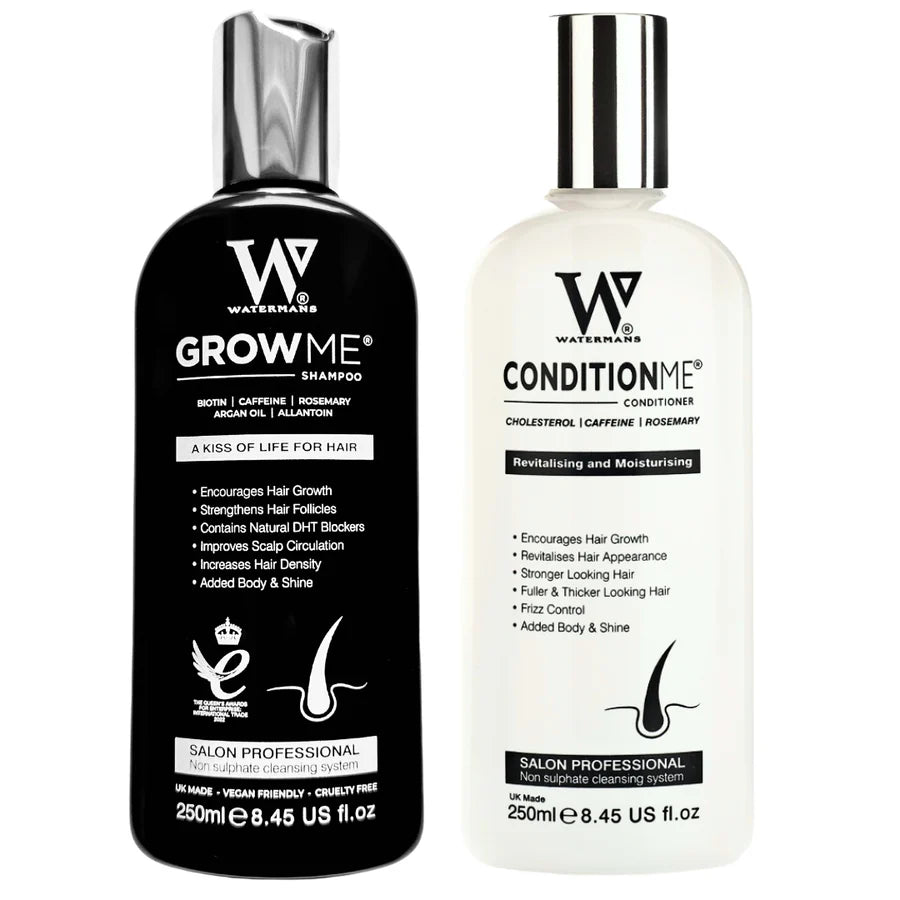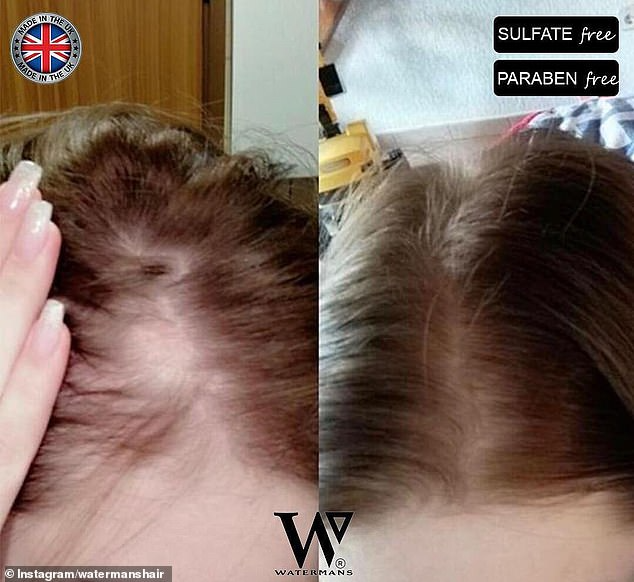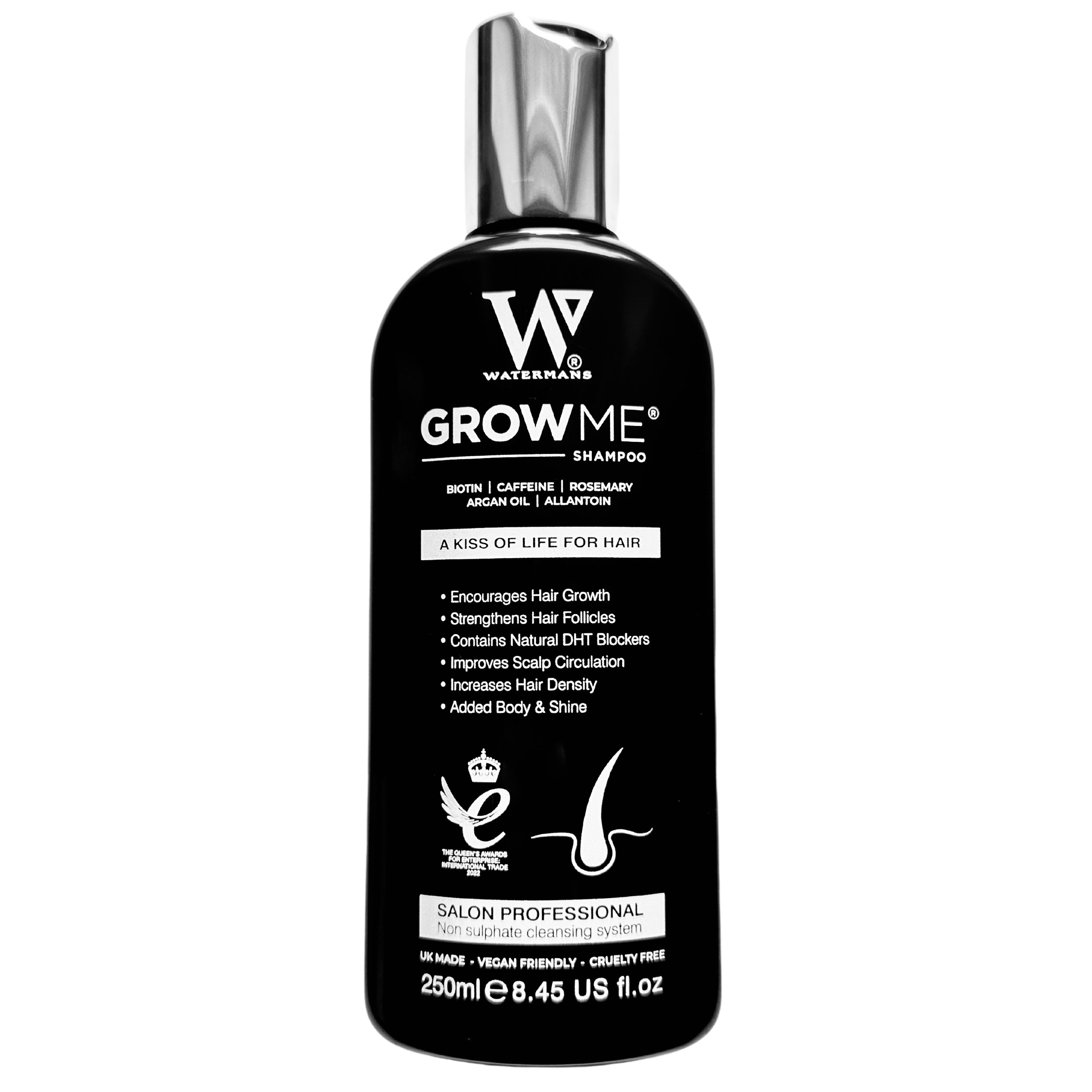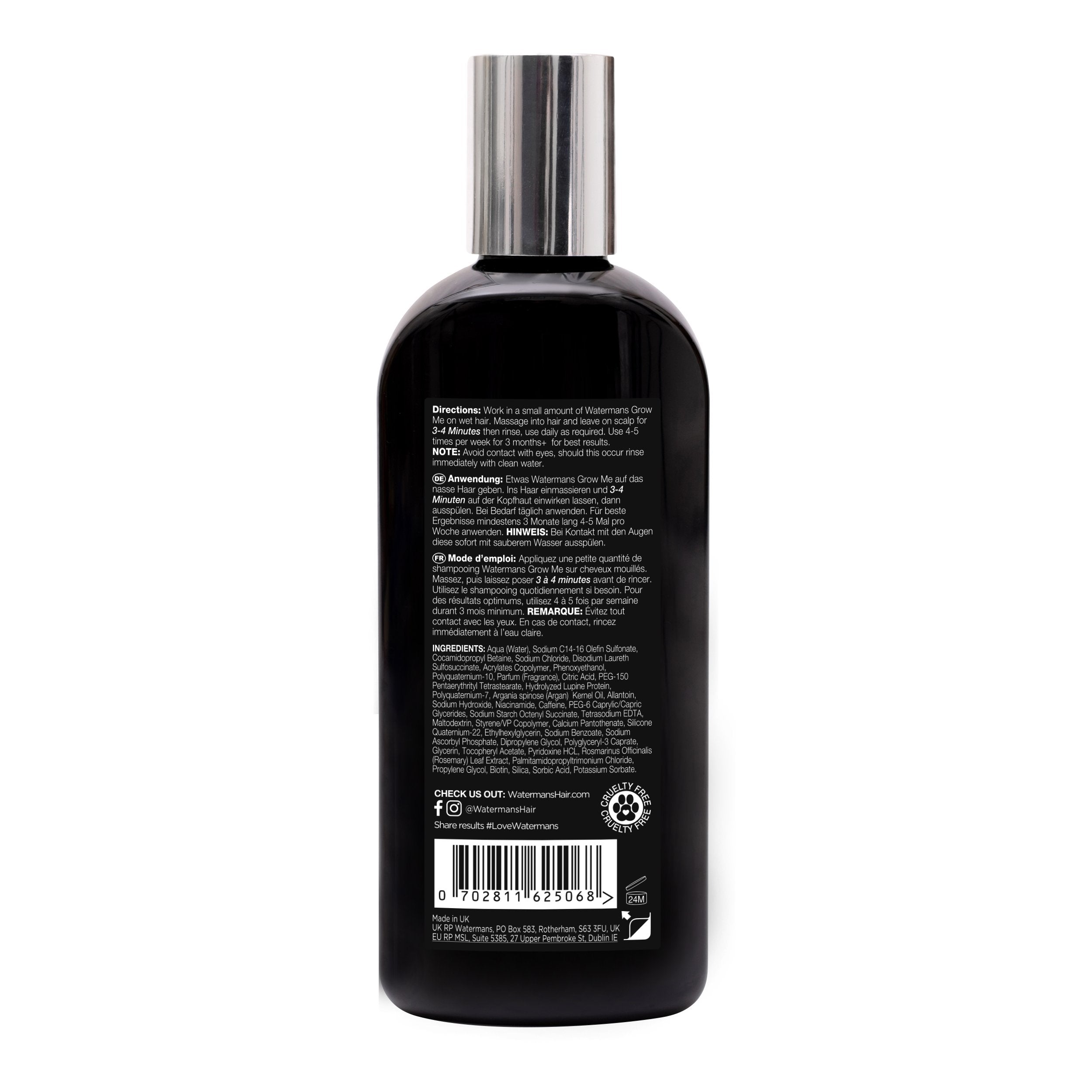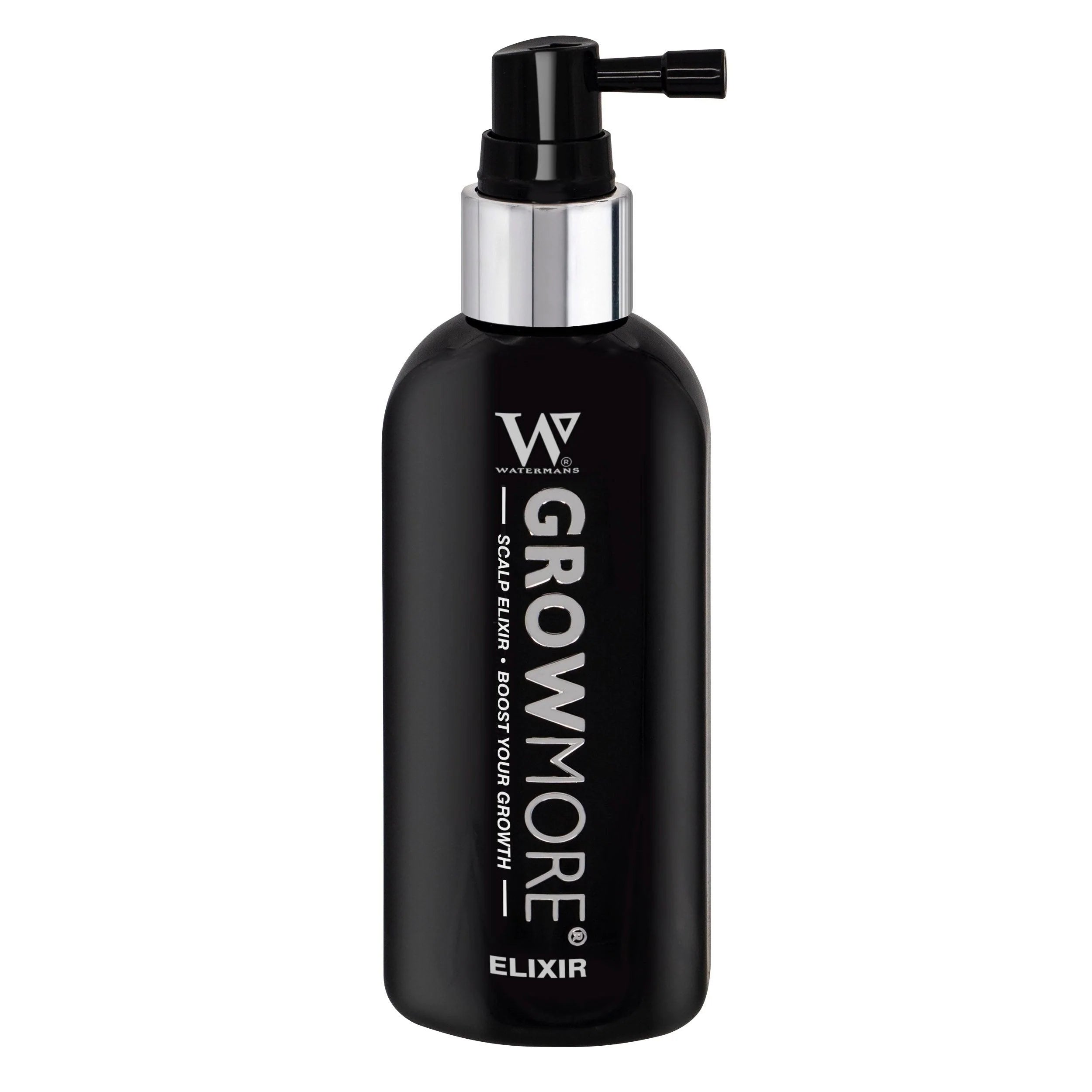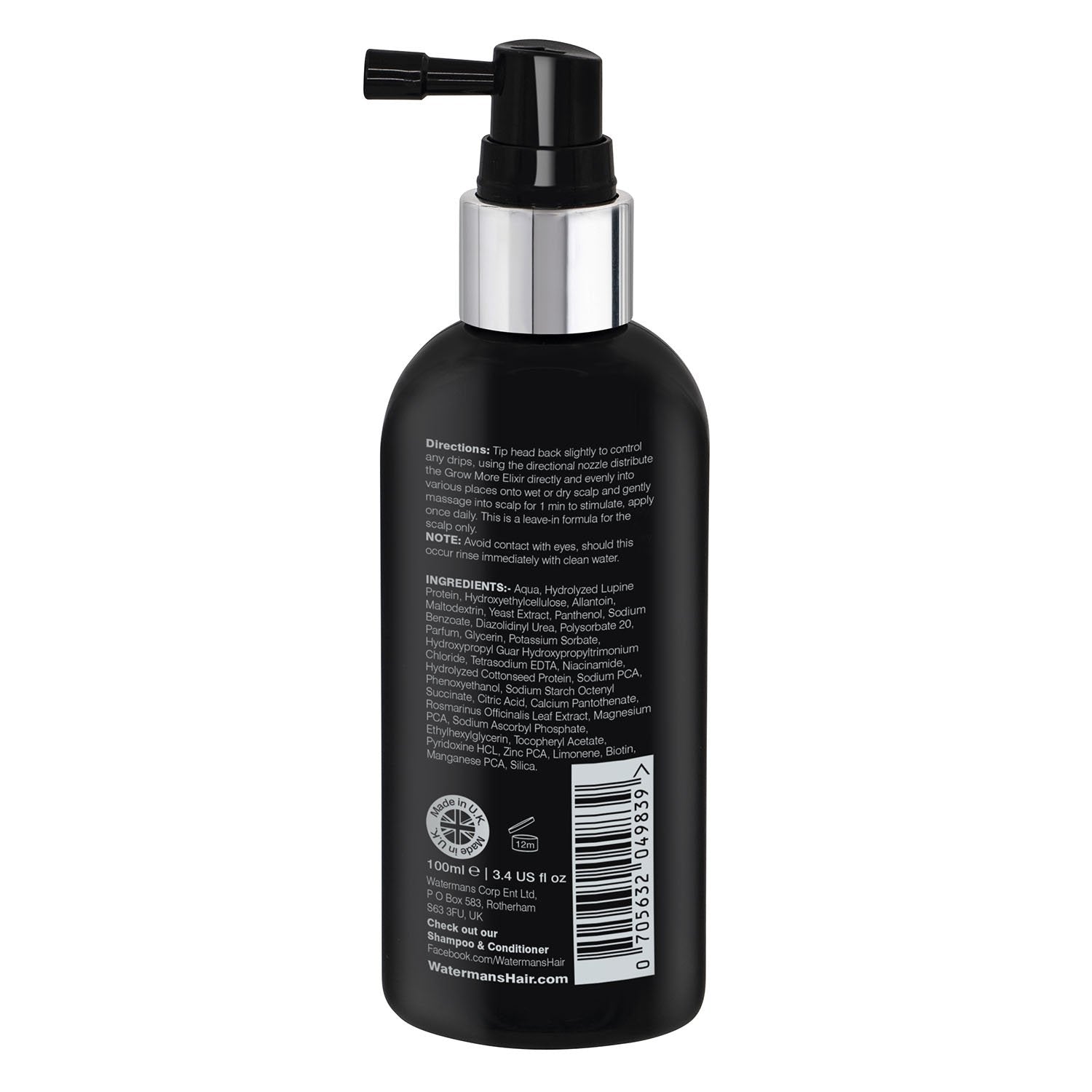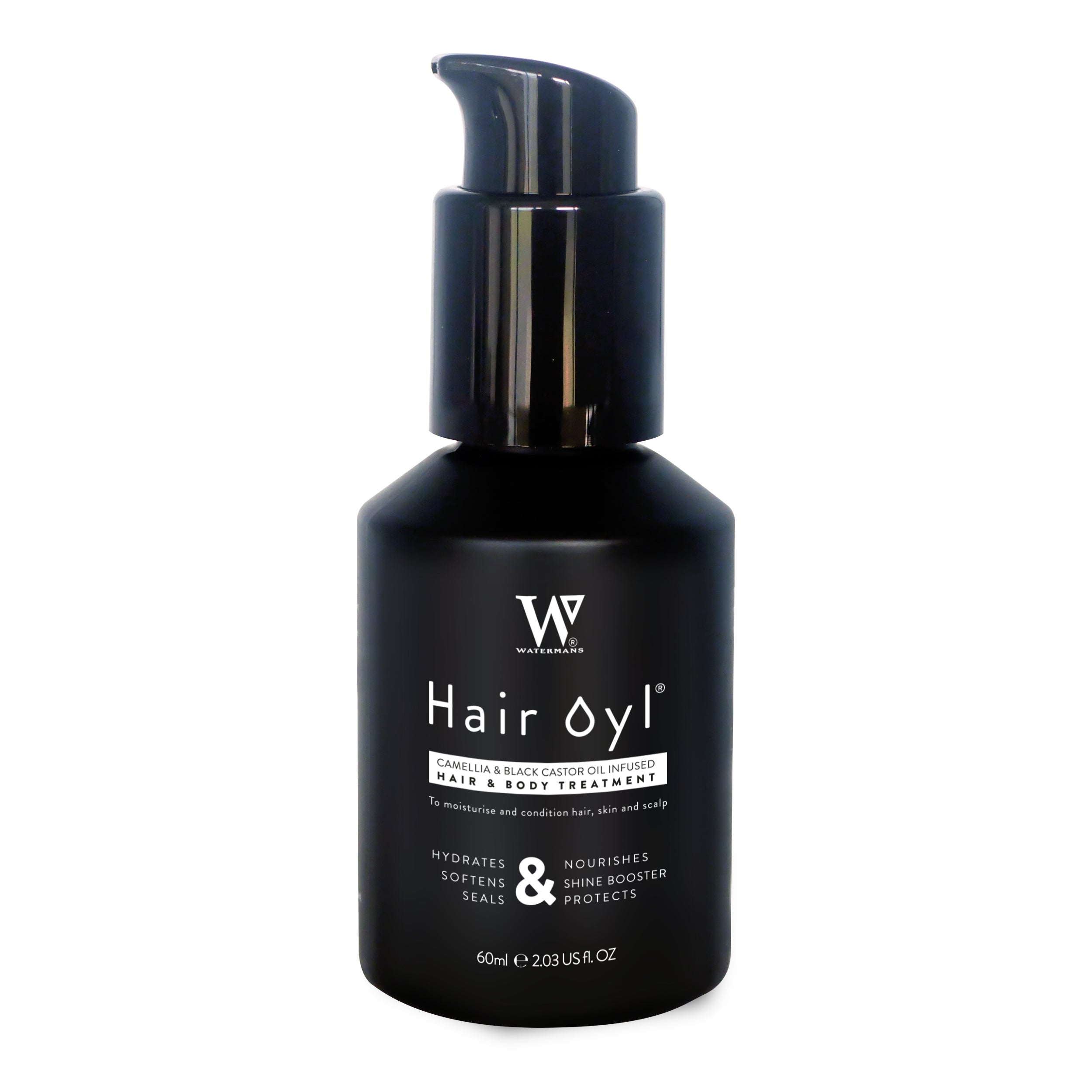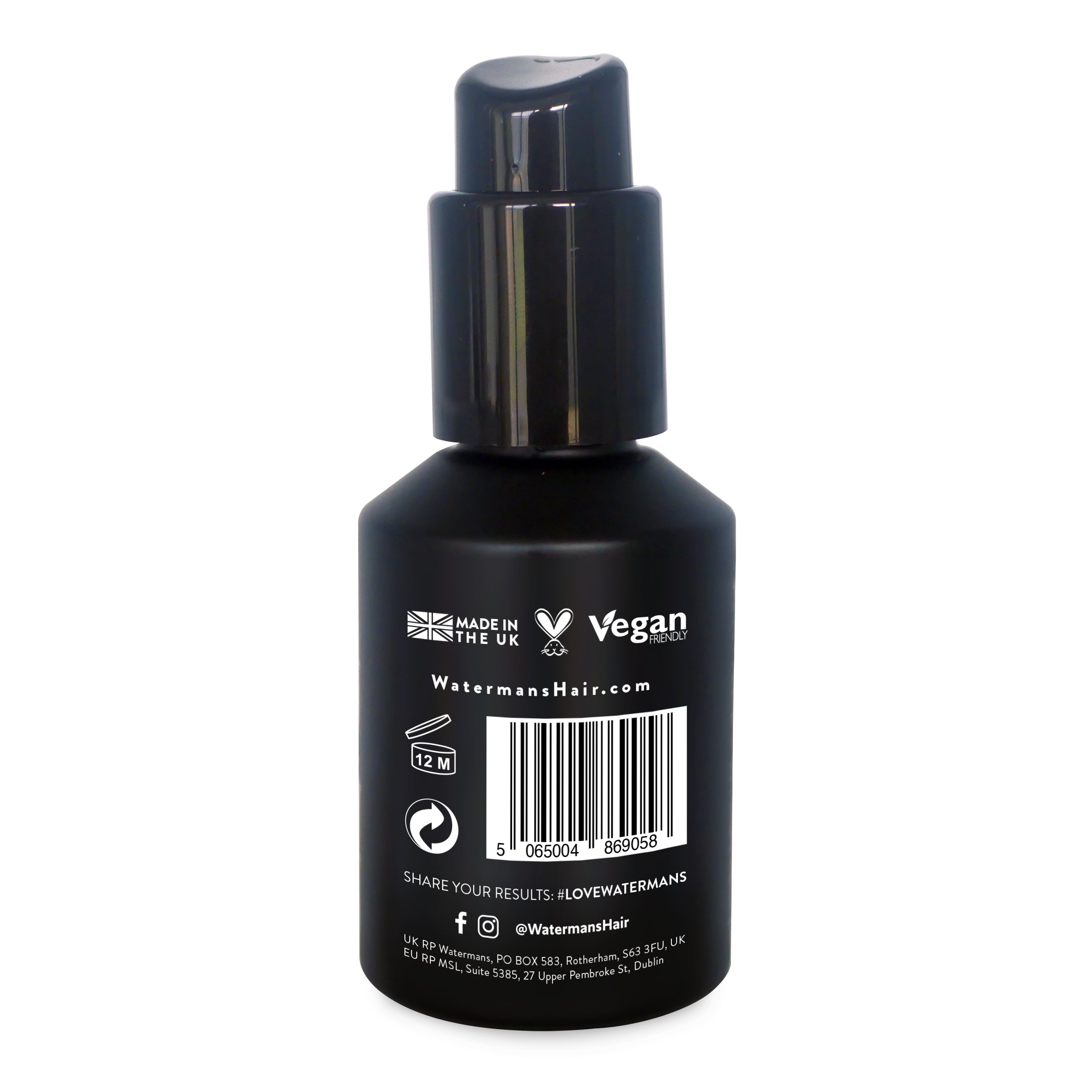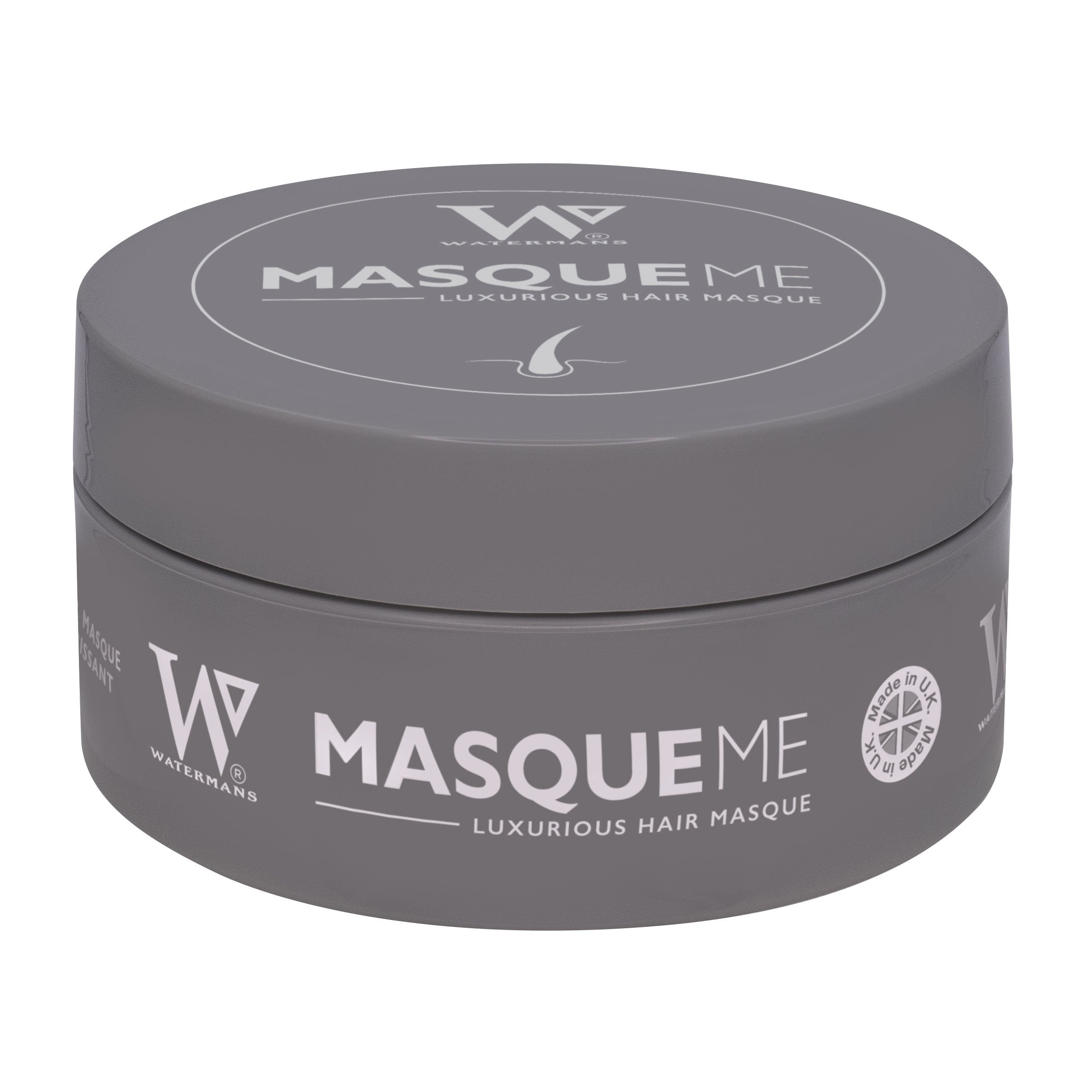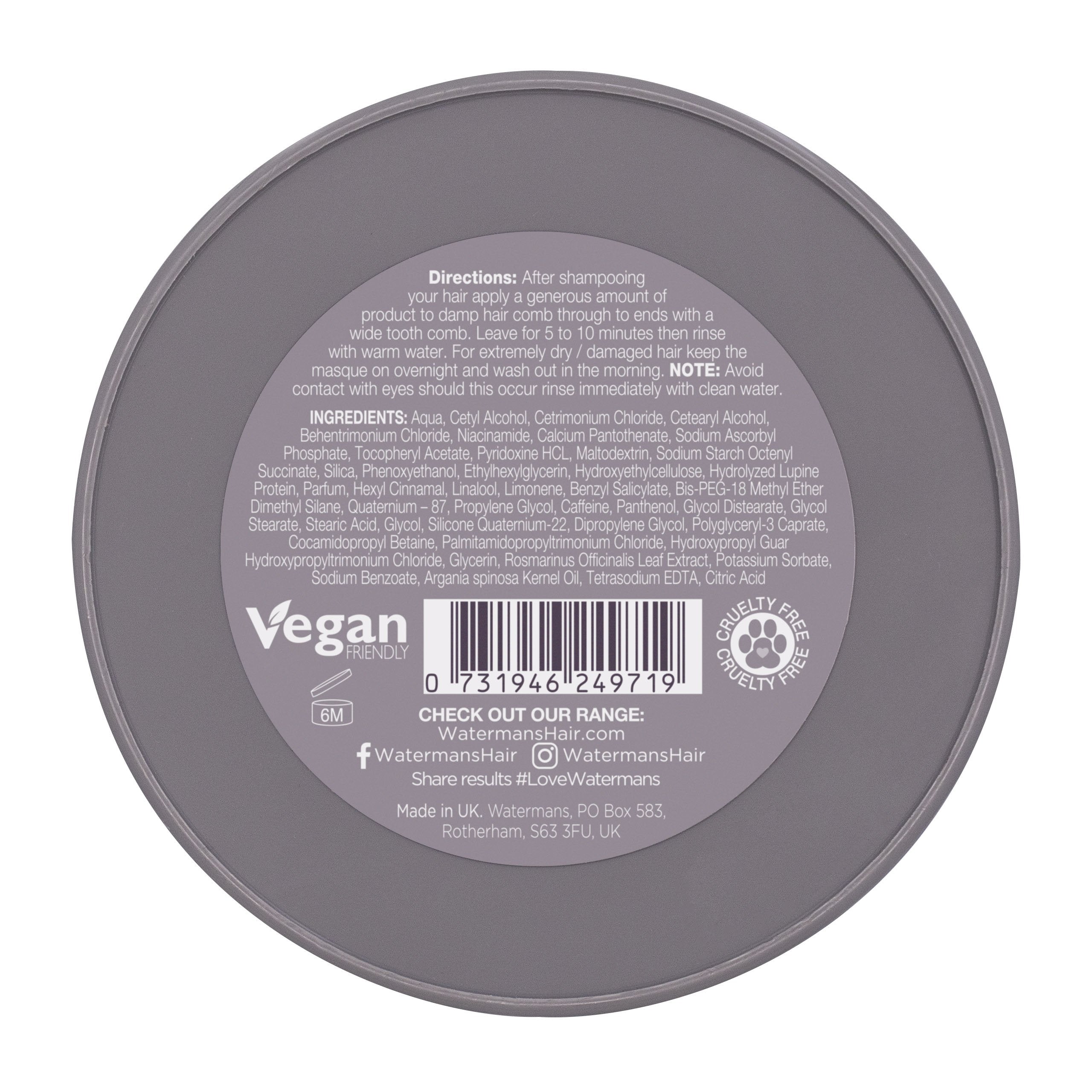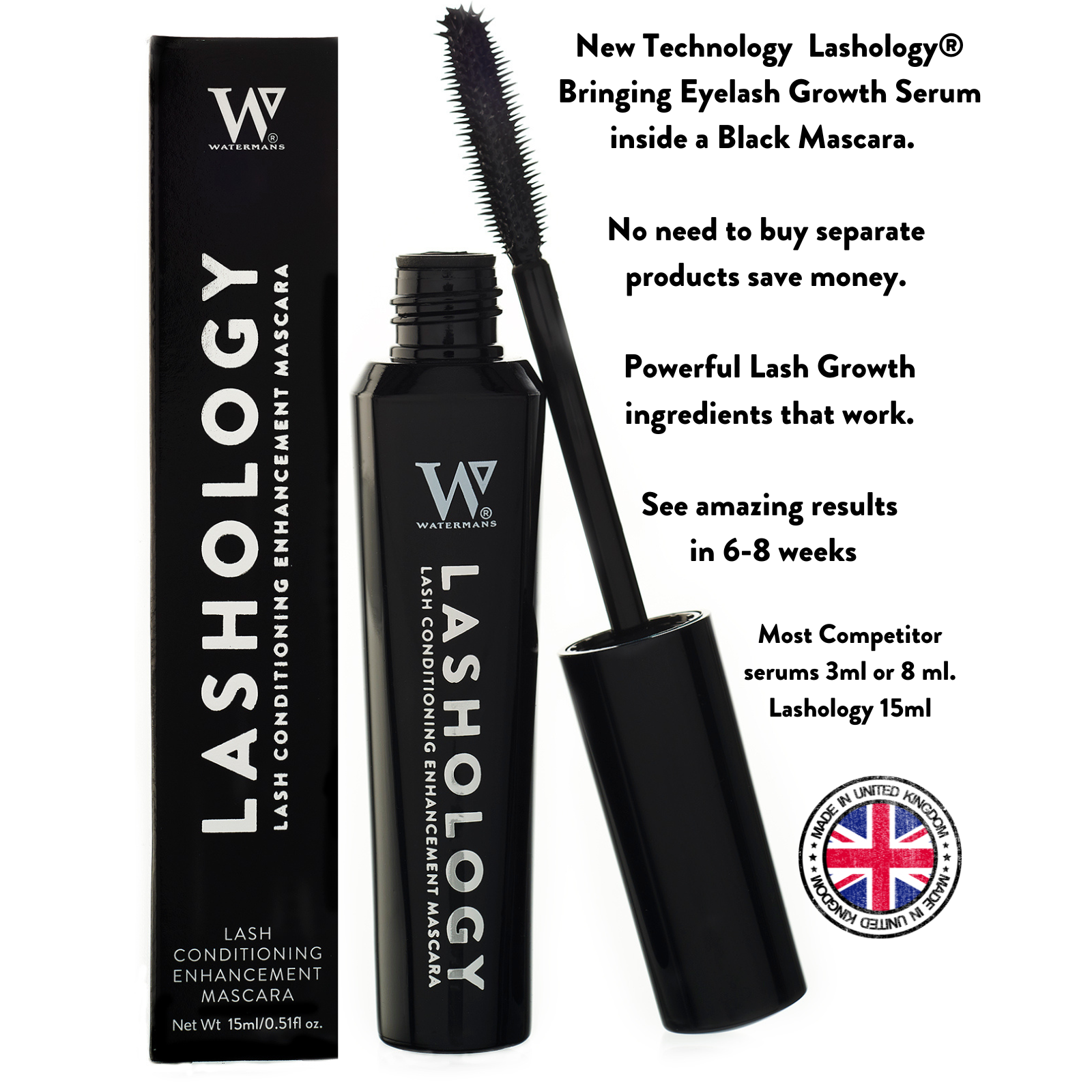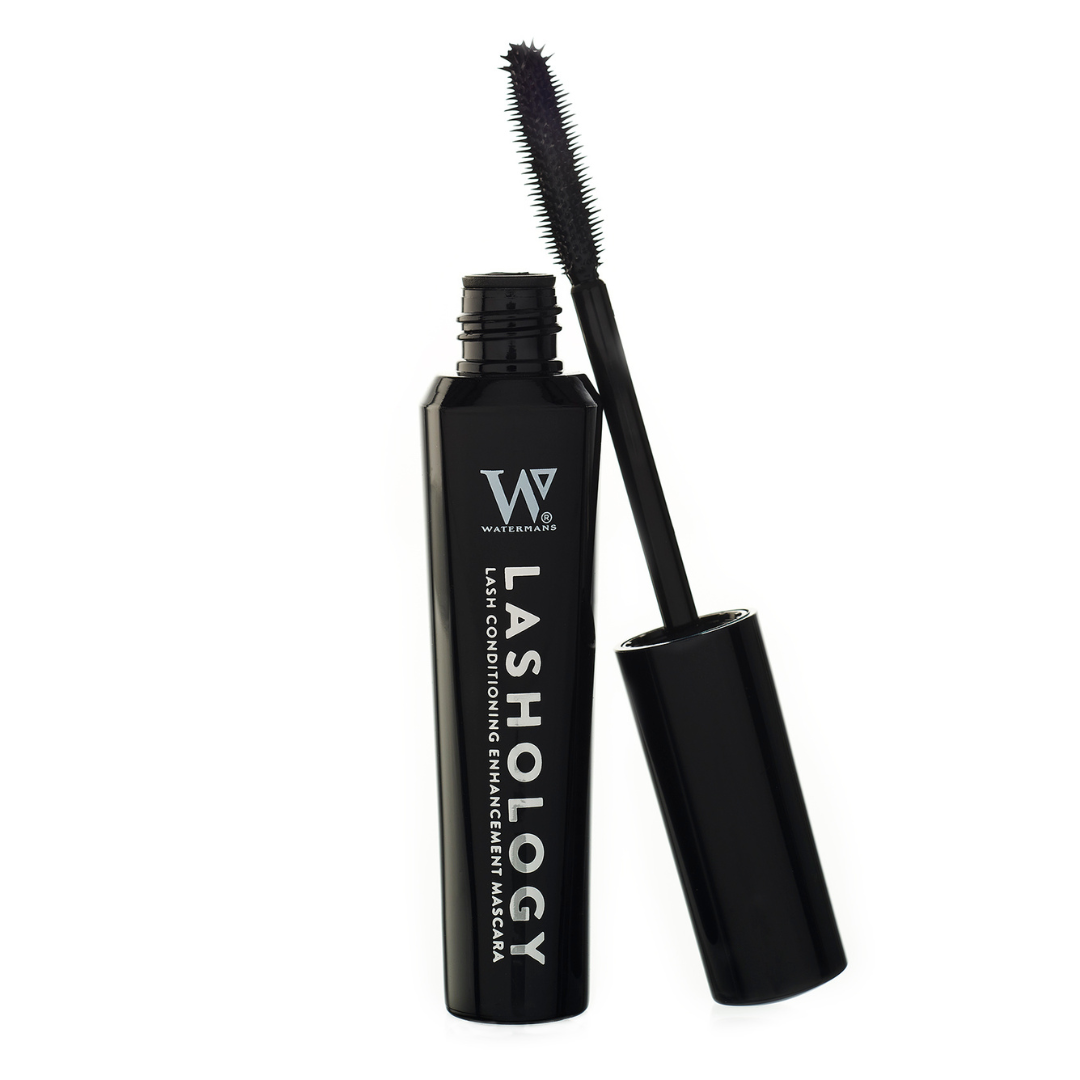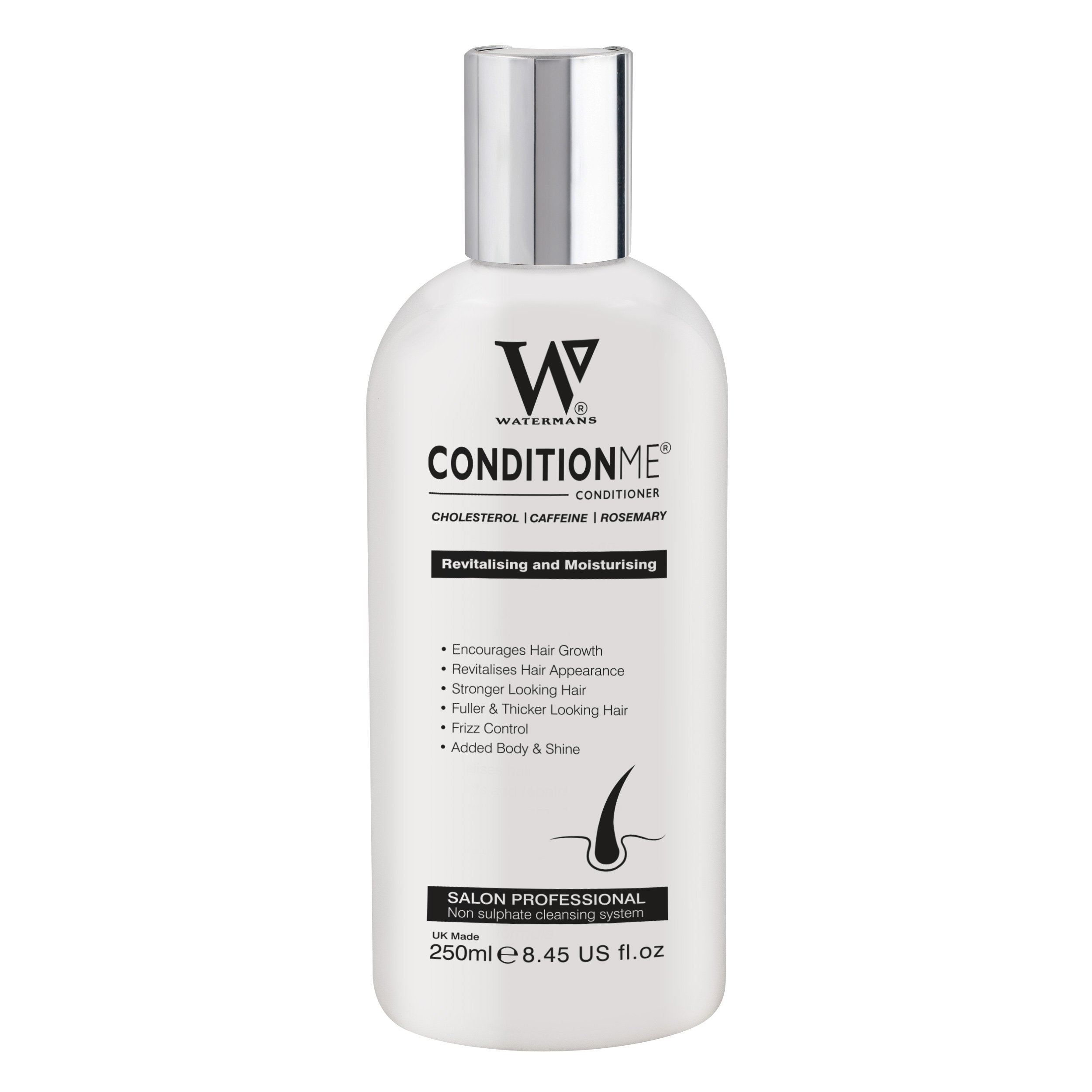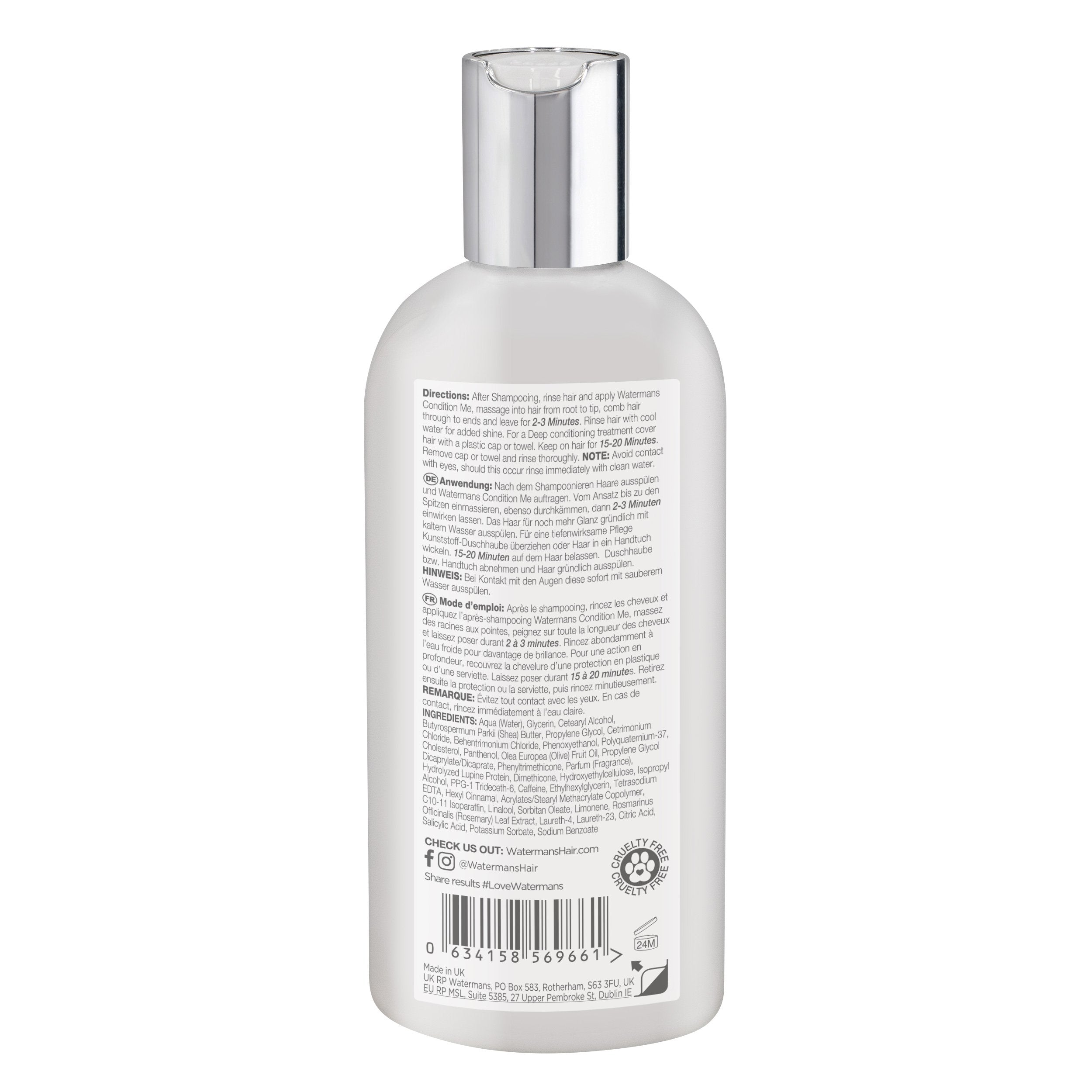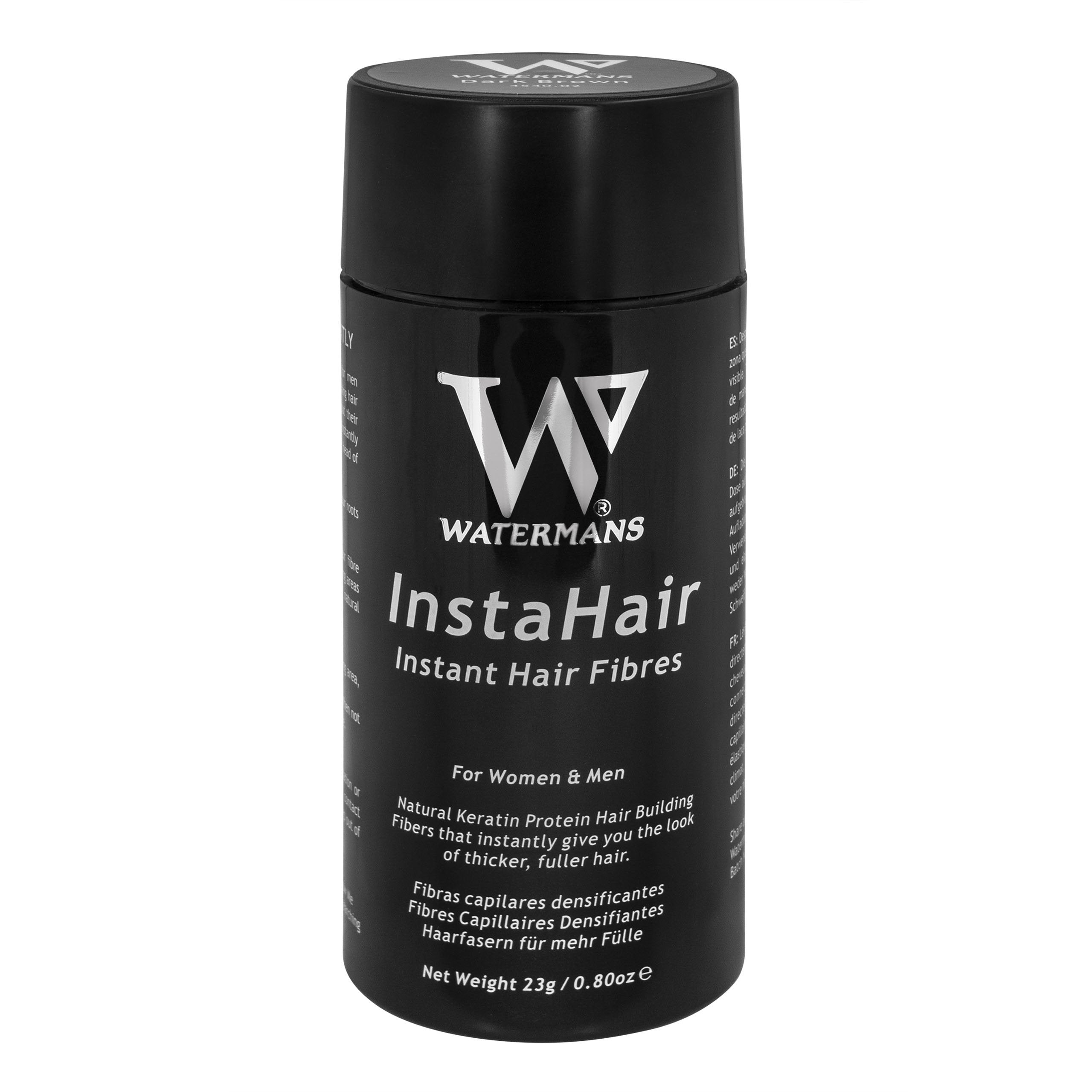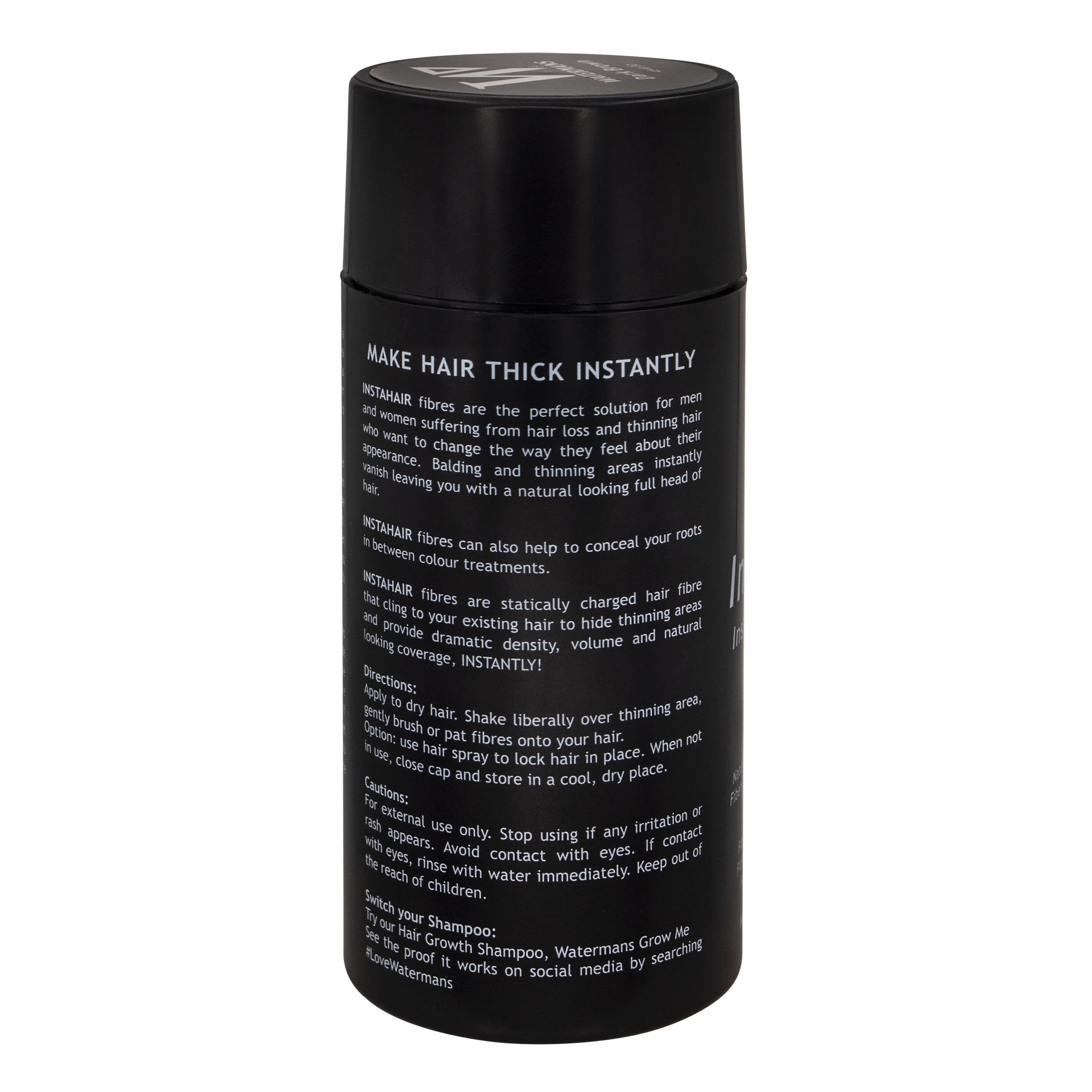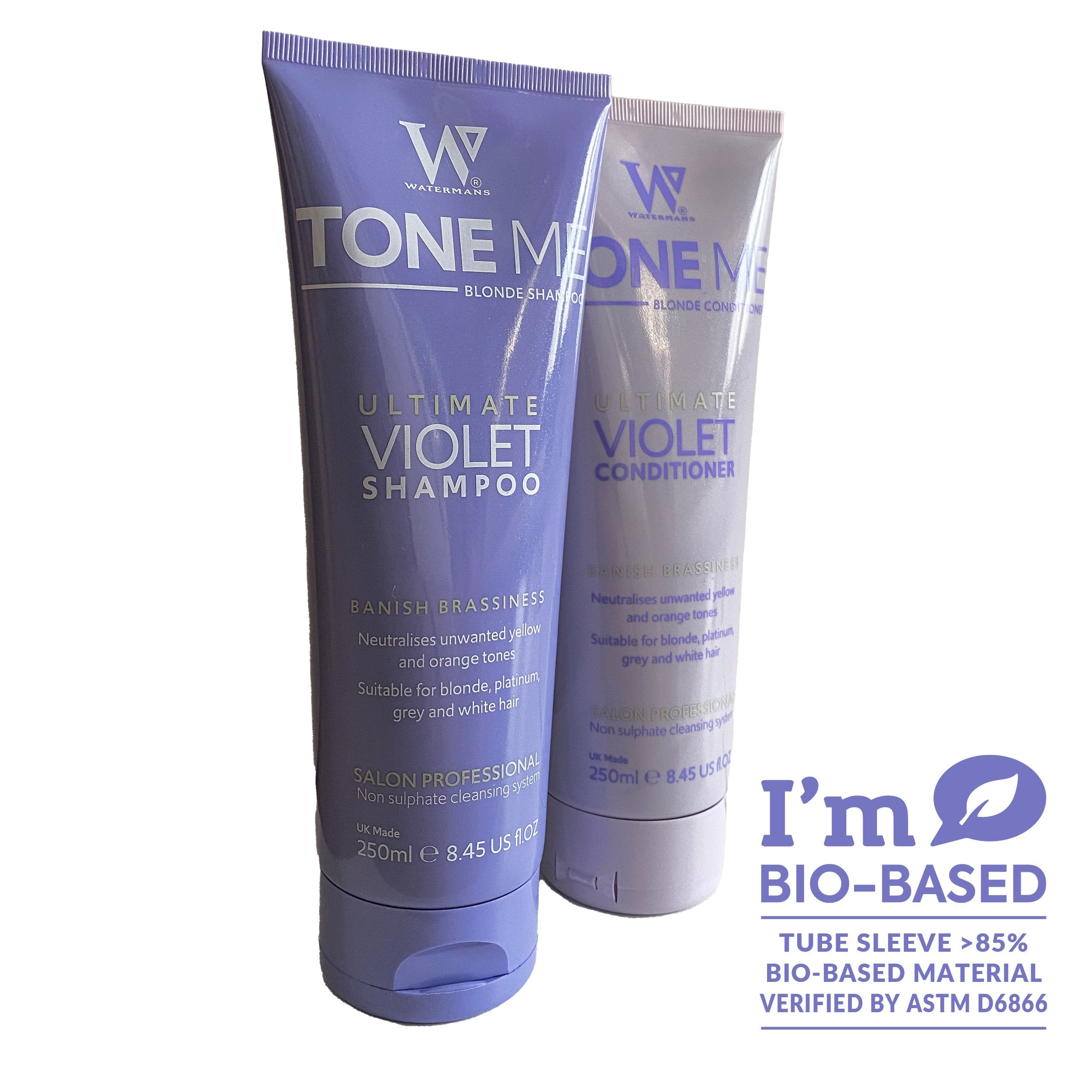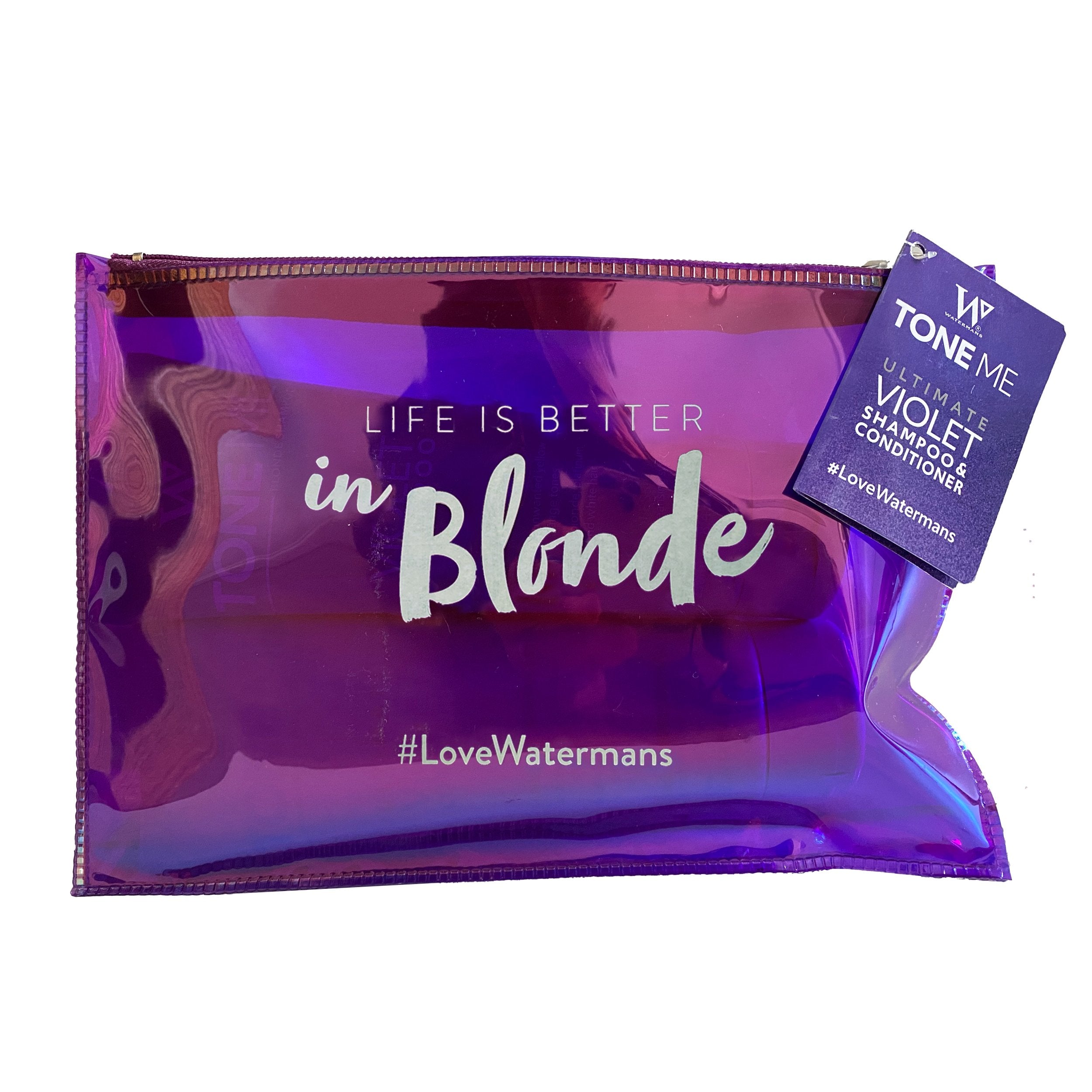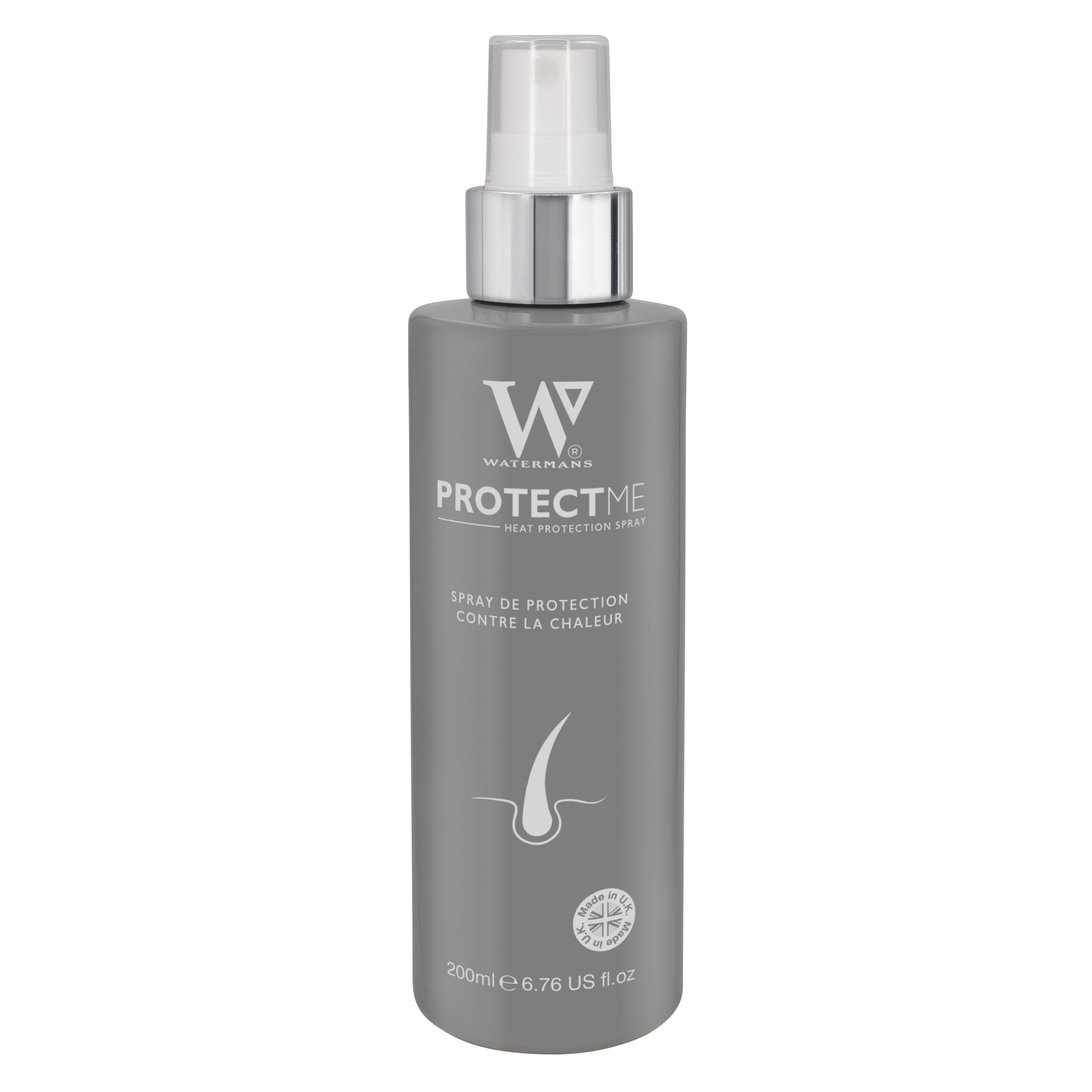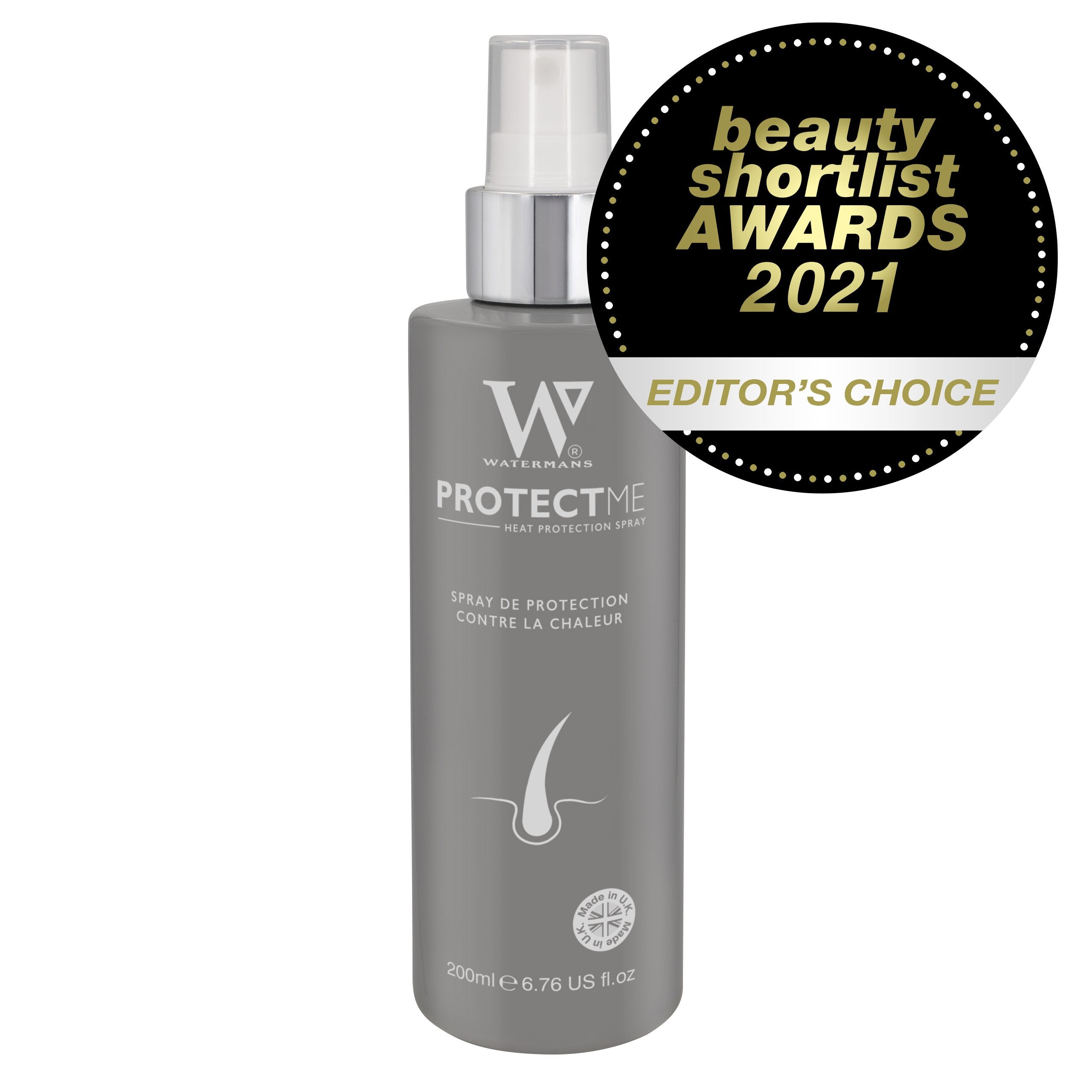
If you want strong, healthy hair and you worry about hair loss, thinning, or a flaky scalp, ask for help from a trichologist near Raleigh. A trichologist works with hair and scalp health. This article shows what trichologists do, what they treat, and how they help you feel good about your hair.
What is a Trichologist?
Trichology studies hair and scalp health. Trichologists are not medical doctors. They learn special ways to treat hair and scalp issues. They spot problems like hair loss and scalp irritation. For your hair, a trichologist is a trusted expert.
What Can a Trichologist Help With?
Trichologists work with many hair and scalp problems. They help with:
-
Hair Loss
Many causes start hair loss. Genes, stress, food, and hormones all matter. A trichologist finds the cause and gives a fixed plan. -
Scalp Problems
Problems like dandruff, psoriasis, or dermatitis hurt your scalp. Trichologists know these issues. They give you treatments that work. -
Hair Texture and Health
You may want smoother, healthier hair. A trichologist can pick the right products for you. They may note small changes that make a big difference.
Finding the Right Trichologist Near Raleigh
Finding a good trichologist in Raleigh may seem hard. Follow these steps as you search:
1. Qualifications and Experience
Look at a trichologist's papers and skills. Check if they have training and work history with your issues. This check builds trust.
2. Specialization
Trichology covers many areas. Some experts focus on hair loss. Others work on scalp problems. Find one who fits your need.
3. Consultations
Many offer a first meeting to chat about your hair history. Use this time to ask and learn. The talk helps you see if you match.
4. Client Reviews
Read what past clients say. Their comments on a trichologist in Raleigh may help you choose.
The Benefits of Consulting a Trichologist
Now that you know who trichologists are, see how they help you:
1. Personalized Care
A trichologist sees your hair as unique. They give advice for your hair condition, habits, and health.
2. Whole-Picture Approach
Trichologists look at diet, stress, genes, and scalp health. They use all this to guide you.
3. Specialized Treatments
Trichologists use special treatments like spot solutions and food plans. If you lose hair, ask about products like Watermans Grow Me Shampoo. This shampoo works with biotin and rosemary for hair growth.
4. Learning About Hair
A meeting with a trichologist can teach you many facts. They explain which products work best and how to care for your hair.
Common Treatments Used by Trichologists
When you meet a trichologist, you may see these treatments:
1. Scalp Treatments
They may suggest medicated shampoos, conditioners, and creams to treat your scalp.
2. Dietary Advice
Food matters for hair. A trichologist can point out diet changes or vitamins to boost hair growth.
3. Micro-needling
Sometimes, a trichologist uses micro-needling. This small prick together can wake up hair follicles.
4. Hair Restoration Techniques
In deep hair loss, a trichologist can guide you through processes like transplants or focused treatments.
DIY Hair Care Tips From Trichologists
Even when you visit a trichologist, you can care for your hair at home:
1. Use Gentle Hair Products
Select shampoos and conditioners that do not use harsh chemicals. Choose products with natural ingredients.
2. Regular Scalp Massage
A scalp massage boosts blood flow. Use oils like argan or jojoba while you massage.
3. Stay Hydrated
Drink water. It keeps hair and your body healthy.
4. Healthy Diet
Eat a balanced meal with vitamins and minerals. Foods with omega-3, protein, vitamin E, and iron work well.
5. Limit Heat Styling
Too much heat can break your hair. Use less hair dryers, straighteners, and curling irons.
Did You Know?
Here are some simple facts about hair:
- Hair grows in cycles. A hair strand stays in its phase for 2 to 8 years before resting and then grows anew.
- On average, a head holds about 100,000 to 150,000 strands.
- Healthy hair adds about half an inch per month. That is around 6 inches in one year.
- Genes matter a lot. Up to 80% of hair loss comes from family traits.
Q&A Section
-
How is trichology different from dermatology?
Trichology focuses only on hair and how the scalp works, while dermatology looks at the skin as well as the hair. -
Can a trichologist diagnose medical conditions?
They spot hair and scalp issues. For deeper medical problems, they send you to a dermatologist. -
Are all trichologists licensed?
No single license exists for them. Still, many show certification and special training. -
What is the typical length of a trichologist consultation?
First meetings last about 30 minutes to an hour. This time helps cover your hair history and needs. -
How often should I see a trichologist?
How often you visit depends on your condition. Some may need weekly checkups and others monthly or quarterly. -
What products do trichologists recommend for hair growth?
Many experts point to products with biotin and natural ingredients like Watermans Grow Me Shampoo. -
What is the recommended diet for hair health?
A mix of protein, iron, vitamins, and omega-3 fatty acids is best for your hair. -
Is it safe to use hair dye after consulting a trichologist?
Talk to your trichologist about hair dye. Some dyes may not suit certain scalp conditions. -
Can stress cause hair loss?
Yes, stress can make hair fall out. Use stress relief methods to help your hair. -
What do I do if I see sudden hair shedding?
A sudden change calls for a visit to a trichologist. They can check the cause.
On your path to strong hair, you can try products like Watermans Grow Me Shampoo. This shampoo works well to support growth from the roots. Taking care of your hair starts today!


